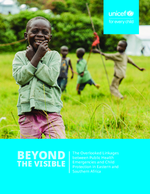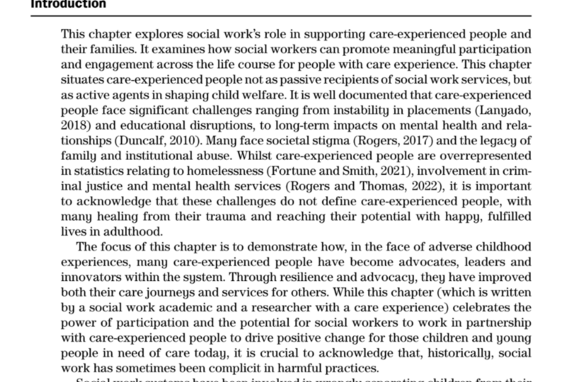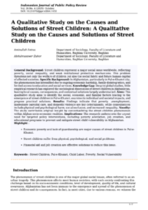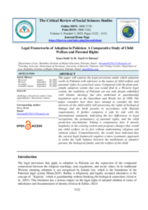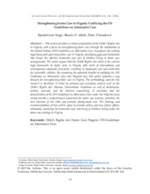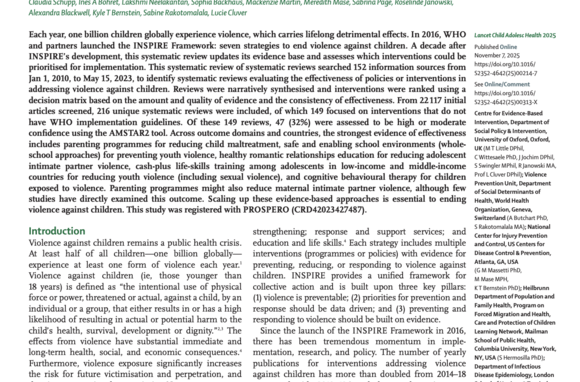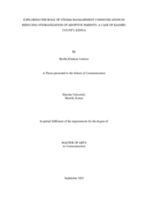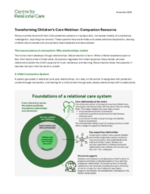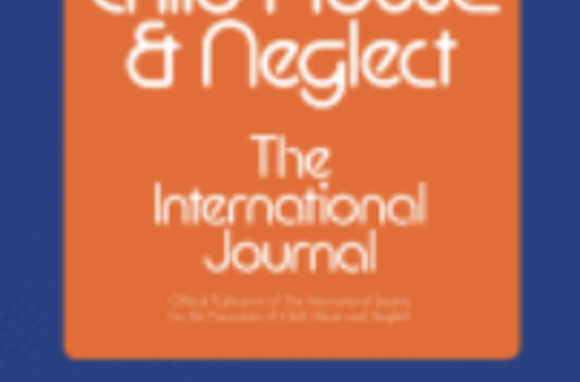Psychosocial Interventions for Edge of Care Families in the Early Years: A Systematic Review and Meta-Analysis
This systematic review and meta-analysis assessed the effectiveness of psychosocial interventions for families with young children involved in child protection services. While the interventions improved parenting sensitivity, attachment, and parental functioning, evidence for reducing maltreatment risk remains limited, highlighting the need for larger, more consistent studies.


